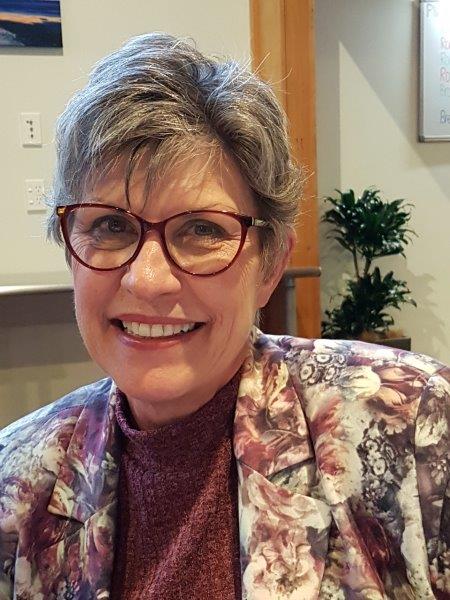 Deirdre Geyser, a new member to Plimmerton Rotary, gave us the following Viewpoint (a three-minute point of view with no right of reply') at our meeting on 26 March:
Deirdre Geyser, a new member to Plimmerton Rotary, gave us the following Viewpoint (a three-minute point of view with no right of reply') at our meeting on 26 March:
'As most of you are aware I am a newcomer to the land of the Long White Cloud and I am struck by the number of similarities between my native South Africa and New Zealand. Here, as in SA, the primary business language and most commonly heard in the streets, is English. You drive on the left side of the road and I recognise so many brands on the supermarket shelves – Palmolive, Sunlight, L’Oreal, Colgate to name but a few.
'New Zealand was originally populated by the Polynesians before Dutch explorer Abel Tasman
'South Africa was inhabited by the San and the
'However, there are some real cultural differences between the two countries. Little things like calling the local café a dairy, “tea” not involving anything to do with tea and cake, but rather the evening meal best known to me as “dinner” and the absolute equanimity with which pedestrians cross the road at the designated crossings – not even checking that motorists will stop and allow them to cross – and not fearing for their lives. When attending a gathering and you are told to “bring a plate”, it is not because the host is short of crockery, but involves some sort of culinary contribution to the feast!
'There are bigger differences too – how you elect and run your government, the respect for and adherence to the law and the way business conducts itself, all markedly different.
'But the tragic event in Christchurch – a senseless shooting and killing of innocent people going about their business and their Friday prayers at the mosque, a sacred space – revealed a glaring difference in the culture of the two countries.
'New Zealand as a unit reacted with shock, horror, outrage, empathy and speedy action. The Prime Minister was decisive and rapid in her response, police were phenomenal in their efforts. There was no doubt that this was not acceptable, or indeed even thinkable, in New Zealand. The outpouring of love, caring and true fellowship not only for Muslims, but for all people has been heart-warming and speaks to true tolerance, nay even welcoming, of diversity here. All people have equal value, irrespective of colour, creed, religion or land of origin.
'In South Africa there were 20,000 murders in the year April 2017 to March 2018. Very few perpetrators are caught and fewer prosecuted. Farm murders have reached epidemic proportions but are relegated to the inside pages of the newspaper, if in fact they make the news at all. Police have become corrupt and are more regarded with contempt than respect. Human life has very little value as people are murdered for a cellphone or simply because they have a different set of beliefs. South Africans live behind burglar bars and security gates and the norm is to barricade yourself in your home. But even that does not guarantee any sort of safety or physical security.
'The Kiwi way of honour and respect for all humanity far outweighs the idiosyncrasies displayed, where popping a roundabout or traffic lights onto a State Highway is deemed efficient or giving mealtimes odd names. The Maori culture is not only enshrined in the Treaty of Waitangi, but I see it being embraced in daily living and embraced as a way of life by all New Zealanders. The country abounds with all different religions and belief systems, all of which are tolerated, respected and accepted. People are valued as people and not discriminated against based on gender, age, ethnicity or social standing.
'The New Zealand focus is on the commonalities that bind us as 'humanity', all the while respecting the differences.
'“ Kia Kaha Christchurch”'.
